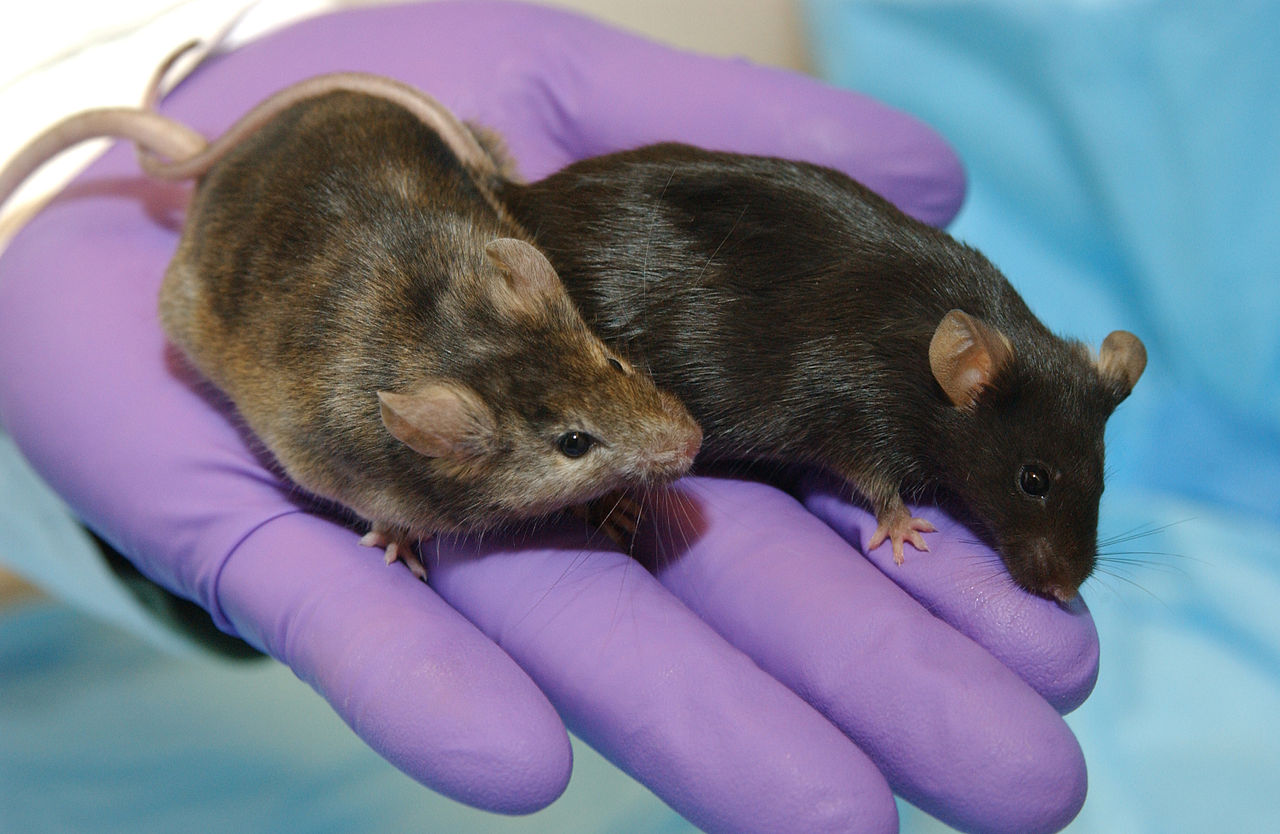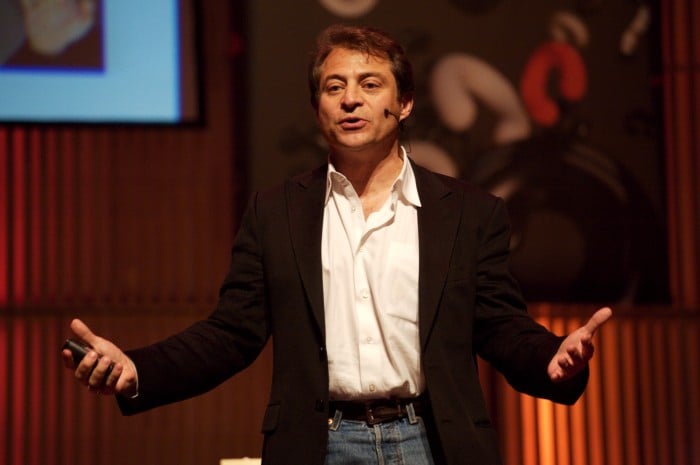Anti-aging medicine is so hot even this controversial idea has investors

“What if aging didn’t have to suck?”
That’s the slogan of a new Harvard University spinout that plans to put millions behind a hotly disputed rejuvenation discovery.

The startup, Elevian, which is based in San Francisco, says it intends to explore whether daily injections of a protein called GDF11 can promote “the body’s ability to restore itself” and eventually treat conditions including coronary artery disease, Alzheimer’s, and the muscle-loss condition sarcopenia.
The company builds on research findings several years ago that if the bloodstreams of young and old mice are connected together, it seems to rejuvenate the older ones.
A cofounder of Elevian, Harvard biologist Amy Wagers, later concluded that a protein, GDF11, was the key “rejuvenating factor” in young animals’ blood that produced the effect.
What’s more, she and other Harvard researchers said levels of the protein declined in older people, suggesting that boosting it could counter some effects of aging.
Wagers’s discoveries drew wide interest, but when large drug companies tried to replicate the research, they couldn’t. In a 2015 study, for example, scientists at Novartis found that GDF11 levels do not fall with age and that the protein actually inhibits rather than promotes muscle regeneration.
"At this stage, there is general agreement that based on published literature, there’s not a compelling case for GDF11 to be a rejuvenating factor for injured or aging skeletal muscle,” says Nathan LeBrasseur, an associate professor and director of a program on healthy aging and independent living at the Mayo Clinic in Minnesota.

The company says it will soon present new data that back up the drug idea and will put doubters to rest. In addition to Wagers, the scientific founders of Elevian include Harvard biologists Lee Rubin and Rich Lee.
“We have overcome that concern to our satisfaction and the satisfaction of our investors,” says Mark Allen, a health-care software entrepreneur who is the CEO of Elevian. “We hope to convince the broader scientific world.”
Elevian said today it has raised $5.5 million in seed funding. The round was led by Bold Capital, the investment firm of Peter Diamandis, a futurist whose resume includes creating the X Prize Foundation and Singularity University.
Deep Dive
Biotechnology and health
How scientists traced a mysterious covid case back to six toilets
When wastewater surveillance turns into a hunt for a single infected individual, the ethics get tricky.
An AI-driven “factory of drugs” claims to have hit a big milestone
Insilico is part of a wave of companies betting on AI as the "next amazing revolution" in biology
The quest to legitimize longevity medicine
Longevity clinics offer a mix of services that largely cater to the wealthy. Now there’s a push to establish their work as a credible medical field.
There is a new most expensive drug in the world. Price tag: $4.25 million
But will the latest gene therapy suffer the curse of the costliest drug?
Stay connected
Get the latest updates from
MIT Technology Review
Discover special offers, top stories, upcoming events, and more.